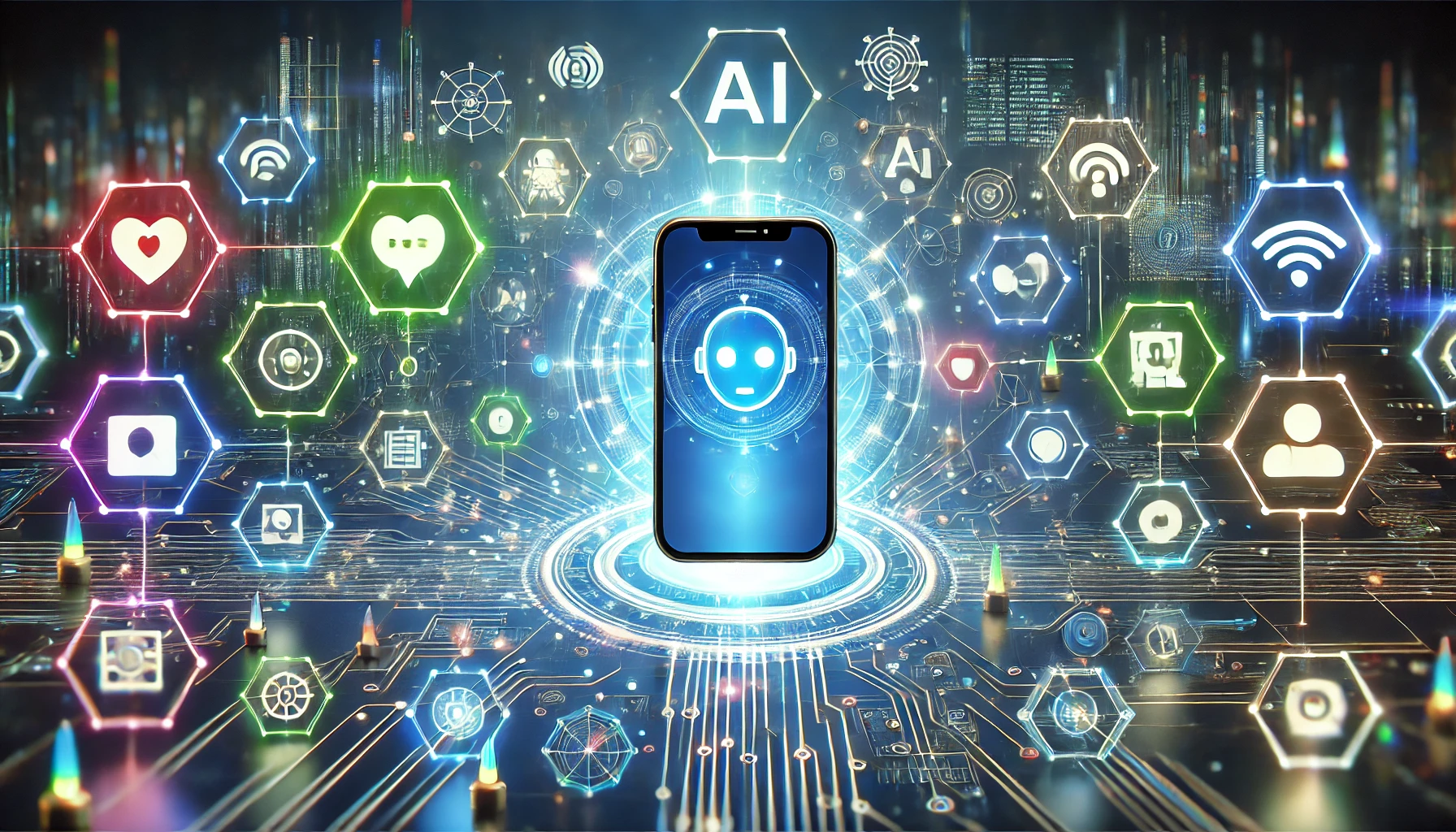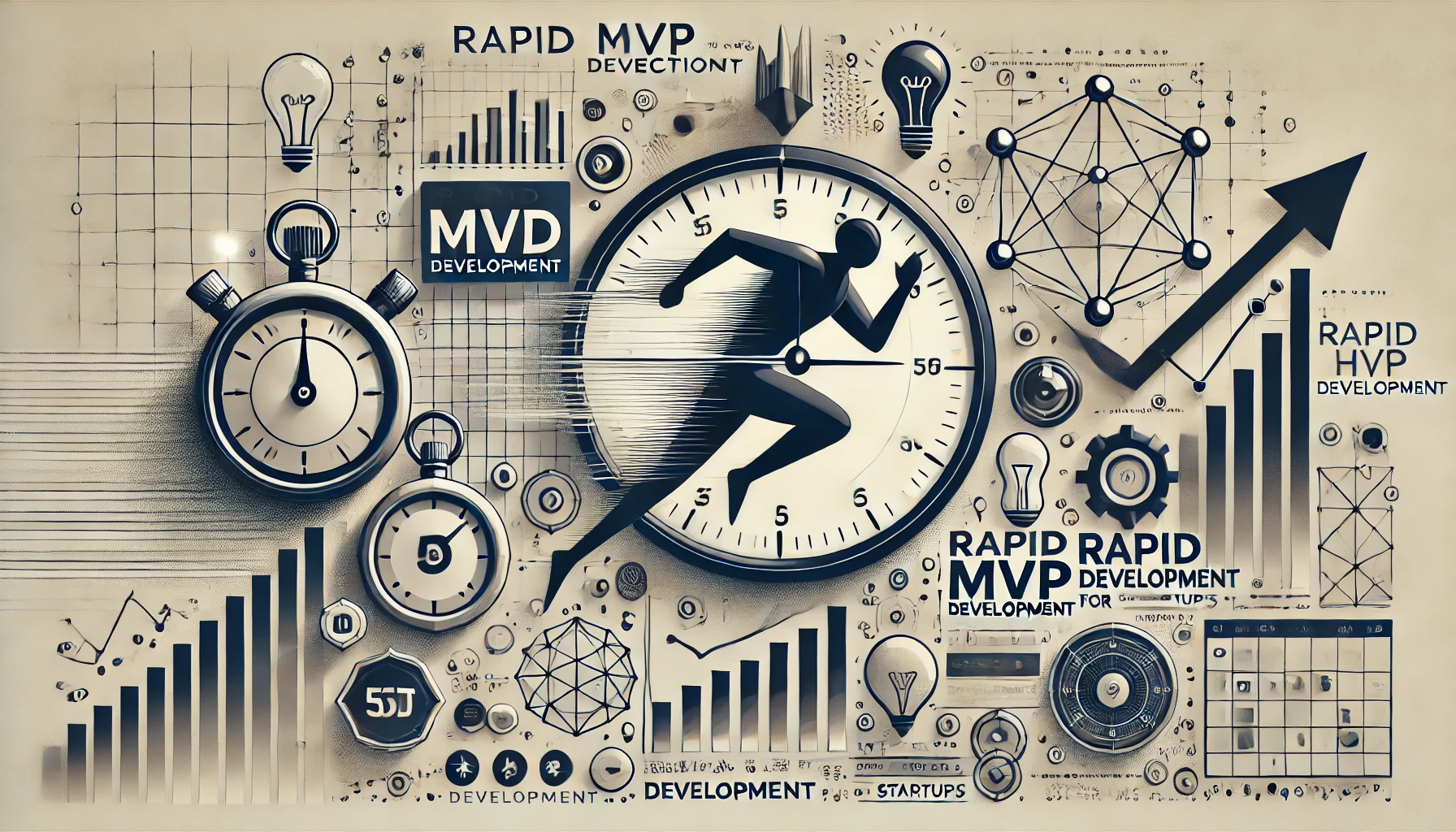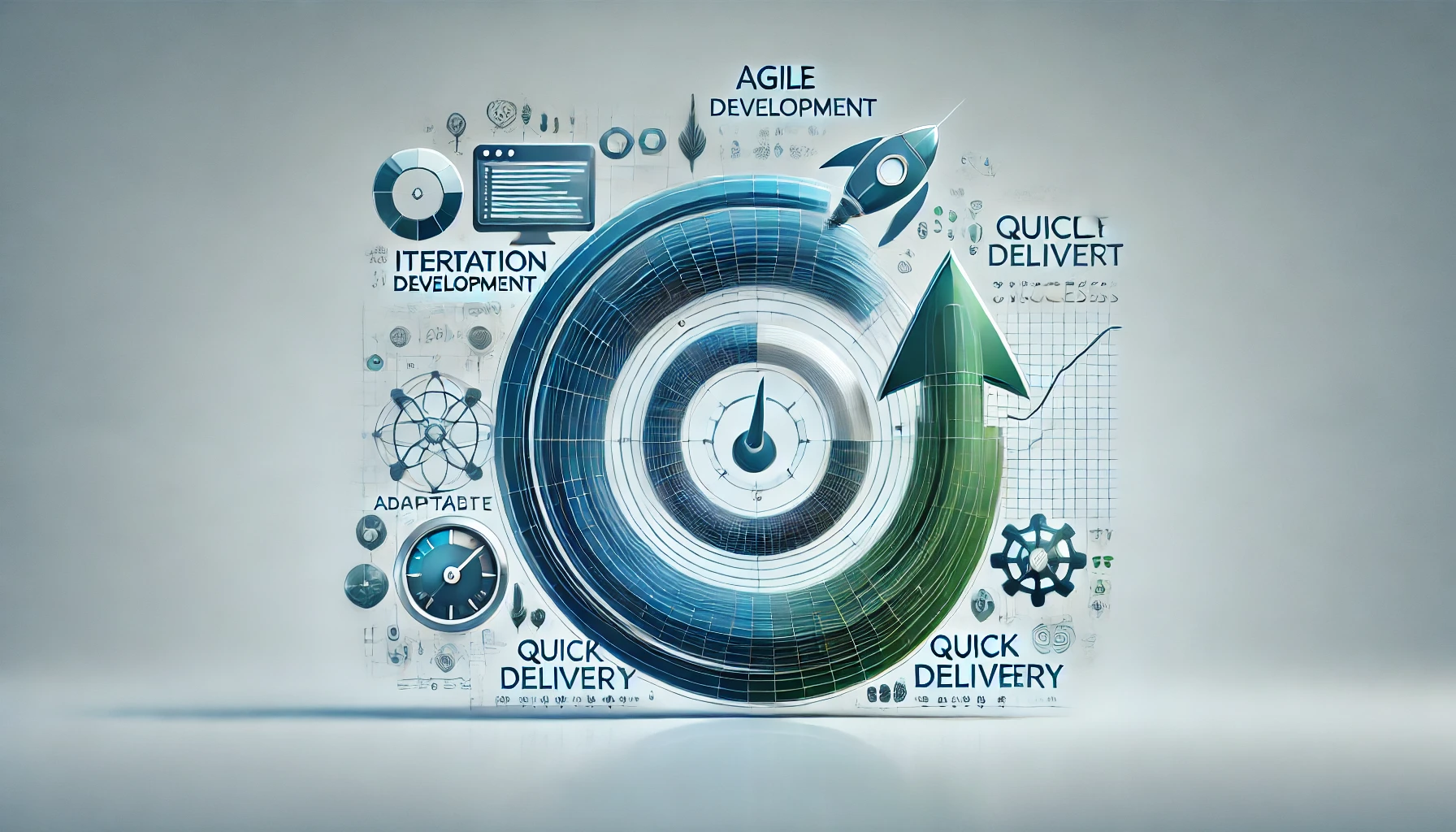Introduction
Artificial Intelligence (AI) has become one of the most transformative technologies in mobile app development. It allows apps to provide smarter, more adaptive experiences for users, streamline business processes, and automate workflows. With tools like ChatGPT, businesses can not only enhance user engagement but also improve overall app functionality. In this blog, we’ll explore how AI-powered tools such as ChatGPT, natural language processing (NLP), and machine learning (ML) are making apps more powerful than ever before.
The Growing Influence of AI in Mobile Apps
AI is no longer limited to large-scale enterprises with significant tech resources. Today, even startups and small businesses can integrate AI-powered features into their apps to both enhance user engagement and automate tasks. As a result, AI can greatly personalize content.
Here are a few examples of AI in mobile apps:
- Chatbots and Virtual Assistants: Apps can now have 24/7 support by integrating AI-driven chatbots like ChatGPT, which provides users with instant answers to their questions.
- Predictive Text and Smart Replies: Using natural language processing (NLP), apps can suggest words, predict user responses, and make typing easier for users.
- Voice Recognition and AI-powered search: Voice recognition software, such as Siri and Google Assistant, is powered by AI and allows users to search and interact with apps using their voice.
Let’s explore these AI-powered features in more detail and see how they are changing the face of mobile app development.
1. AI-Powered Chatbots: Smarter Customer Support
One of the most practical applications of AI in mobile apps is the rise of AI chatbots. Chatbots powered by AI, like ChatGPT, allow businesses to automate customer support, providing instant, accurate responses to common queries. Furthermore, AI chatbots make interactions more efficient, saving both time and resources.
Example Use Case: A retail app integrates a ChatGPT-powered chatbot that handles FAQs about product availability, shipping details, and order status. As a result, customers get the answers they need instantly, without having to wait for a human representative.
Benefits:
- 24/7 Availability: AI chatbots can provide customer support round-the-clock, improving customer satisfaction.
- Cost Efficiency: Automating customer interactions reduces the need for large support teams, saving time and resources.
- Personalization: AI chatbots can personalize conversations based on the user’s data, such as previous orders or preferences.
By using tools like ChatGPT, businesses can streamline their customer service efforts while improving the overall user experience. In addition, human agents can focus on more complex or high-priority issues.
2. AI-Driven Personalization: Tailoring the User Experience
In today’s competitive app marketplace, personalization has become a key differentiator. AI makes it easier to personalize user experiences by analyzing user behavior and preferences in real-time. Consequently, AI can deliver relevant recommendations, content, or product suggestions based on past activity.
Example Use Case: A streaming service uses AI algorithms to recommend movies and shows to users based on their viewing history, preferences, and ratings. As a result, user engagement increases, making the app feel more tailored to each individual.
Benefits of AI Personalization:
- Increased User Engagement: Personalized recommendations keep users coming back, leading to higher retention rates.
- Enhanced Conversion Rates: For e-commerce apps, personalized product recommendations increase the likelihood of purchases.
- User Satisfaction: When users receive content or suggestions that are relevant to them, they feel more valued, which improves their overall experience.
AI-powered personalization is essential for apps in industries like e-commerce, media streaming, and content platforms, where user engagement and satisfaction are directly linked to business success.
3. AI-Driven Automation: Streamlining App Functionality
AI allows mobile apps to automate a wide variety of processes, from simple tasks like email notifications to more complex workflows such as inventory management and sales forecasting.
Example Use Case: A restaurant management app integrates AI to automatically update inventory levels based on sales, ensuring stock is replenished before it runs out. Additionally, AI can predict future inventory needs based on historical data.
Benefits:
- Efficiency: Automating processes like inventory management reduces the need for manual tracking and minimizes human error.
- Cost Savings: AI-driven automation helps businesses optimize operations, leading to significant cost reductions.
- Enhanced Accuracy: AI algorithms analyze large amounts of data with precision, helping businesses make more accurate predictions and decisions.
Automation is especially useful for businesses in industries like hospitality, retail, and logistics, where optimizing operations can have a direct impact on profitability.
4. Voice Recognition and AI Search: Simplifying User Interaction
Voice recognition is one of the most user-friendly AI applications, allowing users to interact with apps through speech rather than typing. AI-powered voice recognition and voice search improve accessibility and create a more engaging experience.
Example Use Case: An app for a grocery store integrates voice recognition, allowing users to add items to their shopping list or search for products by speaking directly into their device. As a result, the user experience becomes more efficient and engaging.
Benefits:
- Improved Accessibility: Voice recognition makes it easier for users with disabilities or those who prefer voice interactions to navigate apps.
- Faster User Interaction: Users can complete tasks quickly using voice commands rather than manually typing out their requests.
- Enhanced Convenience: Voice commands provide a hands-free way to interact with apps, making the experience more convenient for users on the go.
As voice-activated technologies become more prevalent, integrating AI-powered voice recognition into apps can significantly enhance user engagement and accessibility.
Conclusion: AI is the Future of Mobile App Development
In conclusion, as AI continues to evolve, its role in mobile app development will only become more critical. Whether it’s through ChatGPT-powered chatbots, AI-driven personalization, or automated workflows, businesses that embrace AI in their apps will deliver smarter, more engaging experiences to users.
At Mobitrics Technologies, we specialize in AI integration for mobile apps, helping businesses transform their digital offerings. If you’re ready to incorporate AI into your next app, reach out to us for a consultation.



